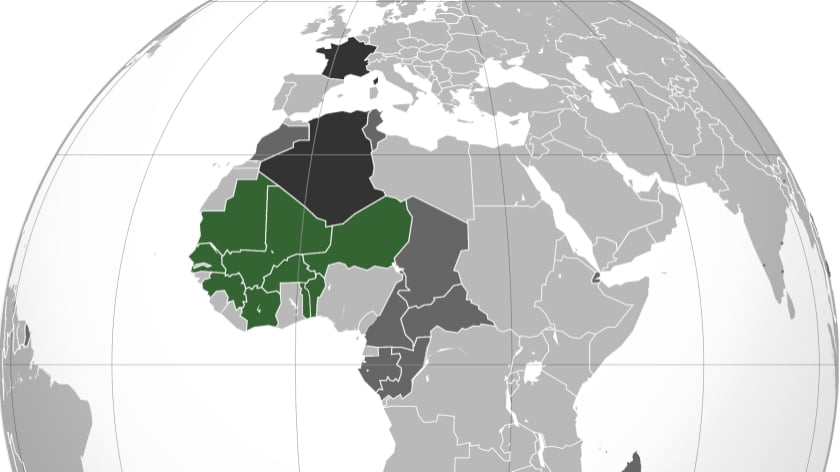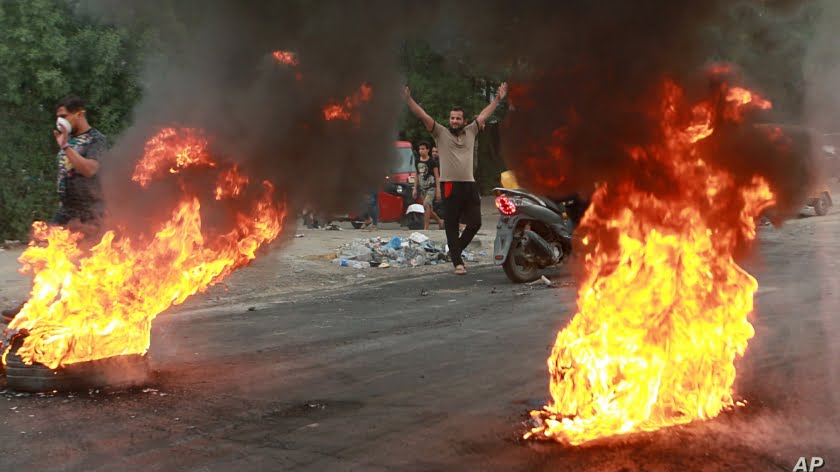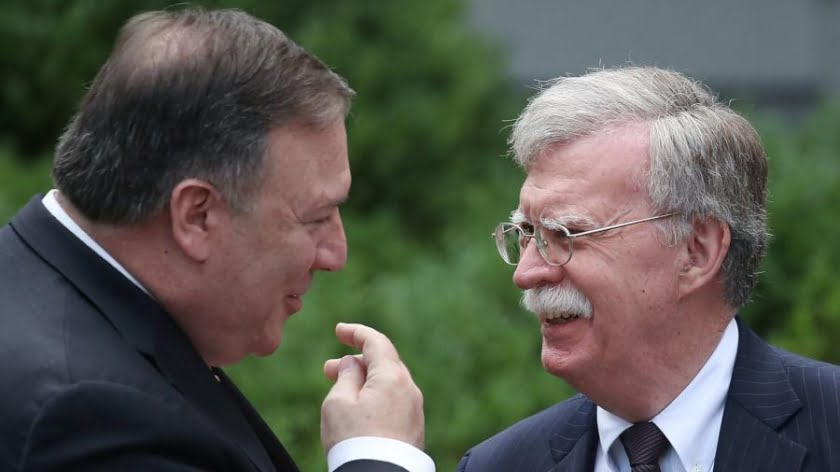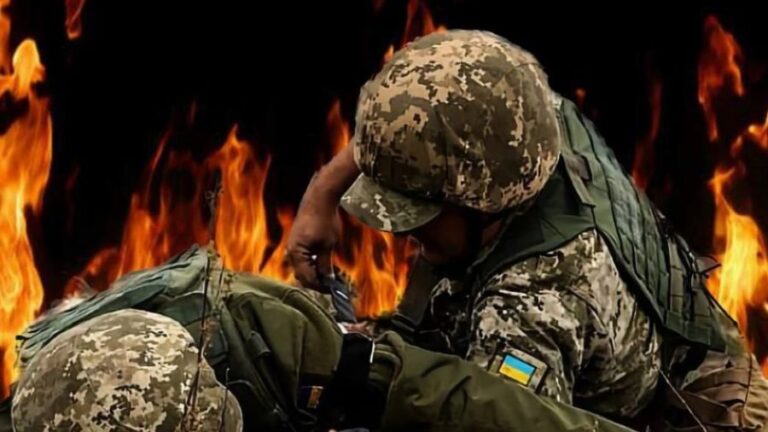The Mali-Burkina Faso-Niger Border Triangle is the New “Syraq”
Terrorist groups in West Africa are dangerously trying to transplant the “Syraq” model of transnational destabilization to the Mali-Burkina Faso-Niger border triangle in order to turn it into a similarly lawless region like the frontier between those two aforementioned Mideast states used to be during the height of Daesh’s so-called “caliphate”, with this terrifying development proving that France’s 2013 military intervention in Mali has been a total failure as well as threatening to cause another Migrant Crisis to crash into Europe.
The “West African ‘Syraq’”
Terrorists thought to be affiliated with either Al Qaeda or Daesh ambushed Nigerien troops near the Malian border not far from the capital of Niamey and ended up killing at least 28 of them in a horrifying attack which bodes very negatively for the West African region as a whole. Terrorist groups in this part of the continent are dangerously trying to transplant the “Syraq” model of transnational destabilization to the Mali-Burkina Faso-Niger border triangle after a spree of attacks in this area over the past several months showed that it’s becoming just as lawless as the frontier between those two aforementioned Mideast states used to be during the height of Daesh’s so-called “caliphate”. This terrifying development poses very serious security risks for Europe because of the chance that it could quickly spiral out of control and catalyze another large-scale Migrant Crisis, thus potentially drawing it deeper into mission creep as it seeks to preemptively thwart this scenario.
Different Crisis, Same Origins
The origins of the growing West African terrorist crisis are identical to the Mideast one in that they can both be traced back to a US-led war on a regional leader whose destruction destabilized nearby fragile states and created a fertile ground for unconventional threats to take root. The US’ 2003 War on Iraq preceded the Hybrid War of Terror on Syria that led to Daesh’s rise, just as the 2011 NATO War on Libya triggered the large-scale exodus of highly trained and battle-hardened Tuaregs back to Mali where they quickly got to work carving out the separatist state of “Azawad” that was later hijacked by Islamic militants. The key difference, however, is that the Mideast states were always comparatively more stable than the West African ones, which is why the geographic scope of destabilization in the former was more limited than in the latter. Furthermore, while the Kurds have historically been a transnational issue in the Mideast, their Tuareg structural counterparts in West Africa were more historically successful in their campaigns precisely because of the said state weaknesses.
France’s Failure
France’s 2013 military intervention in Mali was meant to reverse the massive gains made by the region’s proto-Daesh after the destruction of Libya and subsequent hijacking of “Azawad” by Islamic militants, while the follow-up “Operation Barkhane” and attendant assembling of the Paris-led so-called “G5 Sahel” military bloc of Mauritania, Mali, Burkina Faso, Niger, and Chad were meant to sustain these gains and keep terrorist threats in check. That obviously didn’t happen, and not only did the chaos spread to the one-time Burkinabe bastion of regional stability, but it’s also contributing to perennially failed state Niger’s collapse that’s exacerbated by the challenge that Boko Haram simultaneously poses in its east. The “perfect storm” is evidently forming, but extra-regional hegemon France seems powerless to stop it since it already has its hands full dealing with its many domestic problems and protecting its Chadian ally from Libyan-originating rebel invasions.
EuroRealists To The Rescue?
Faced with the credible possibility of rising terrorist threats in the “West African ‘Syraq’” causing an out-of-control Migrant Crisis to crash into the bloc later this summer, the EU might feel compelled to step up is military activities there in order to thwart that worst-case scenario, which might receive a populist boost if EuroRealist parties pull off an impressive performance after the EU Parliamentary elections later this month. Italy has already positioned itself as a “frontline state” interested in actively doing whatever is needed to stop new migrant waves to Europe, so it’s not inconceivable that Salvini might try to use the EuroRealists’ possibly forthcoming mandate after the elections to lobby for the urgent dispatch of a multilateral EU intervention force (possibly through PESCO) to ensure that this scenario never transpires. Such an effort could be paired with a so-called “Marshall Plan for Africa” to satisfy the EuroLiberals’ socio-economic priorities there in exchange for their support of this military mission.
Concluding Thoughts
Whatever ends up happening, it’s quickly becoming increasingly clear that the rest of the world is being forced to take notice of the “West African ‘Syraq’” that’s forming in the Mali-Burkina Faso-Niger border triangle after a recent spree of terrorist attacks there drew international attention to the region. The latest one that killed at least 28 Nigerian soldiers comes on the heels of several in Burkina Faso that specifically targeted Christians and finally got the West to wonder what’s going on in this part of the world, especially since the memory of the Easter terrorist attacks in Sri Lanka is still fresh on people’s mind. If the EuroRealists do well in the upcoming EU Parliamentary elections, then there’s a real possibility that the bloc might begin seriously considering more robust multilateral military action in West Africa in order to thwart the worst-case scenario of another Migrant Crisis crashing into its borders, though there’s no telling if it’ll succeed where France has already failed.
By Andrew Korybko
Source: Eurasia Future







